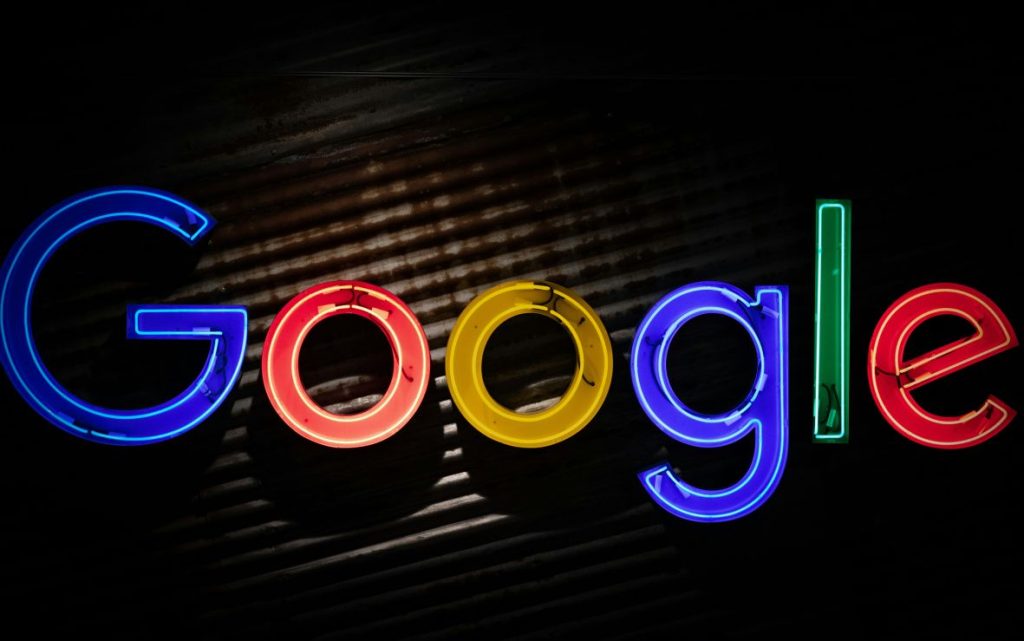
Google has agreed to settle a class-action lawsuit in the United States, alleging that it invaded users’ privacy by tracking their online activities, even when they were in “private mode.”
The lawsuit sought a substantial $5 billion from the tech giant and its parent company, Alphabet. This case sheds light on the ongoing challenges faced by major technology firms regarding privacy concerns and the increasing scrutiny of their practices in the US and beyond.
The lawsuit, filed by law firm Boies Schiller Flexner in 2020, said that Google’s tracking persisted even when users activated the “Incognito” mode on Google Chrome or the equivalent “private mode” on other browsers.
The legal claim argued that Google had transformed itself into an “unaccountable trove of information” on user preferences, potentially including sensitive and embarrassing details.
US District Judge, who presided over the case in California, initially denied Google’s attempt to have the case dismissed, stating that she could not agree that users had consented to the data collection practices alleged by the plaintiffs.
The scheduled trial for the case was put on hold by Judge Rogers after lawyers on both sides informed the court of reaching a preliminary settlement. The terms of the settlement were not disclosed, and a formal agreement is expected to be presented for court approval by February 2024.
Throughout the legal proceedings, Google maintained that it had been transparent about the data it collected, even when users were in private mode. The company argued that the information collected during private browsing helped site owners assess the performance of their content, products, and marketing. Google also contended that users might have assumed otherwise but that the data collection was not covert or unauthorised.
Incognito mode, a feature within Google’s Chrome browser, is designed to allow users to browse the internet without their activity being saved to the browser or device. However, the lawsuit highlighted that websites visited during private browsing could still use tools like Google Analytics to track user behaviour, potentially compromising the privacy expectations of users.
This settlement is not an isolated incident for Google. The tech giant has faced and continues to face legal challenges related to its search and digital advertising practices. Recently, Google agreed to a $700 million settlement in a lawsuit brought by US states, accusing the company of stifling competition to its Play Store on Android devices.
The Google privacy lawsuit highlights the growing concerns and legal battles surrounding user privacy in the digital age. As technology companies navigate the delicate balance between innovation and user rights, cases like these contribute to shaping the future of data protection laws. The forthcoming formal settlement in this particular case will likely bring additional insights into the measures and concessions made by Google, offering a glimpse into the ongoing evolution of privacy regulations in the tech industry.






